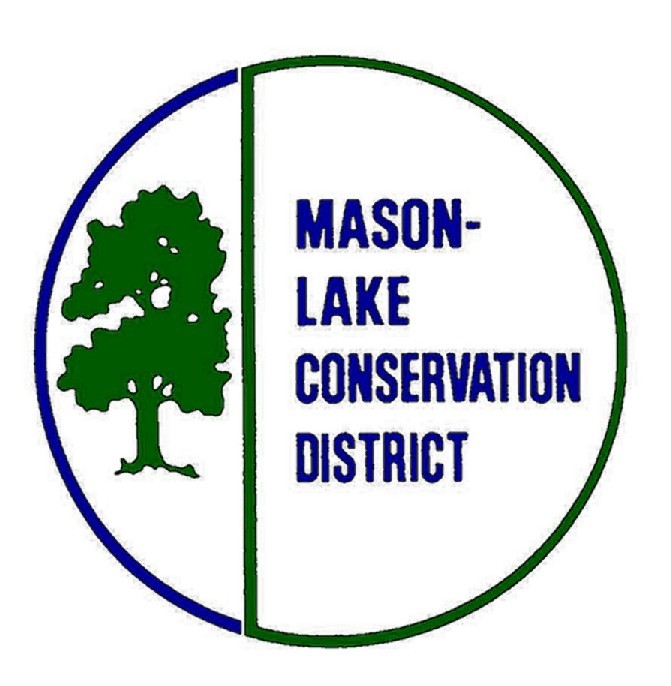LAKE COUNTY — The Mason-Lake Conservation District will host a free well water screening day from 9 a.m. to 3 p.m. July 21, at the Conservation District Troutarama booth, near Fabric Peddler in Baldwin, to help homeowners ensure that they have safe drinking water.
The screening is only to detect nitrate or nitrites in well water. There is no need to bring in samples from municipal water systems, as they are already being tested.
With nitrate or nitrite water contamination, factors to consider include potential nitrogen sources that are present on the surface, the type of soil and bedrock, and the depth and construction of the well, according to information from the conservation district.
Nitrate sources could include fertilizer from farming and homeowners’ yards, animal wastes, faulty septic systems or municipal and industrial sewage treatment systems.
Infants under the age of six months could be at a risk of nitrate poisoning if present in the water. Using water that is high in nitrate and/or nitrite for feeding or formula mixing, can lead to a condition called blue baby syndrome and can be fatal, the information said.
Infants exposed to nitrates will ultimately lose the oxygen carrying capacity of their blood, depriving them of oxygen. Blue baby syndrome symptoms include, diarrhea, vomiting, and/or being sluggish or tired. In serious cases, a bluish color will appear on skin, lips, and around fingernails.
Nitrate poisoning can also cause health issues for elderly adults.
Nitrate poisoning isn’t only a concern in humans; it can also happen in livestock, especially ruminant animals, such as cattle and sheep. Therefore, it is important to get your water tested for contaminants for not only the home, but the farm as well.
Nitrates cannot be detected through sight, taste, or smell. The only way to test for nitrates is by chemical testing, the information said.
Once a year, the Mason-Lake Conservation District hosts a free, private well water testing day for this purpose. It is recommended to have well water tested annually.
Water sample forms can be completed in person at the time of testing or can be printed from the Mason-Lake Conservation District website.
Samples can be collected using any small container that has a lid, must be at least a one ounce sample and must be kept cool — either refrigerated or in ice in a cooler — until time of testing.
Samples must be dropped off within 48 hours of being collected.
To flush water through the plumbing system and ensure the water sample has come directly out of the well, water should be run for at least 20 minutes prior to collecting the sample to ensure accuracy of the testing. Samples can be collected after having watered the lawn or washed dishes for 20 minutes.
If nitrate levels are at or above the state health standard of 10ppm, well owners will be provided with information concerning the risks of nitrates and further steps to take. If well owners wish to do additional testing, the local health department can test for bacteria and the Michigan Department of Environment, Great Lakes, and Energy has additional tests available for other drinking water contaminants.
This program is made possible through the Mason-Lake Conservation District and the Michigan Agriculture Environmental Assurance Program, a state-funded grant program that works to protect groundwater and help agriculture and forest managers to advance environmental stewardship on their lands.
For more information call the Mason-Lake Conservation District office at 231-757-3707 ext. 5 or visit mason-lakeconservation.org.




